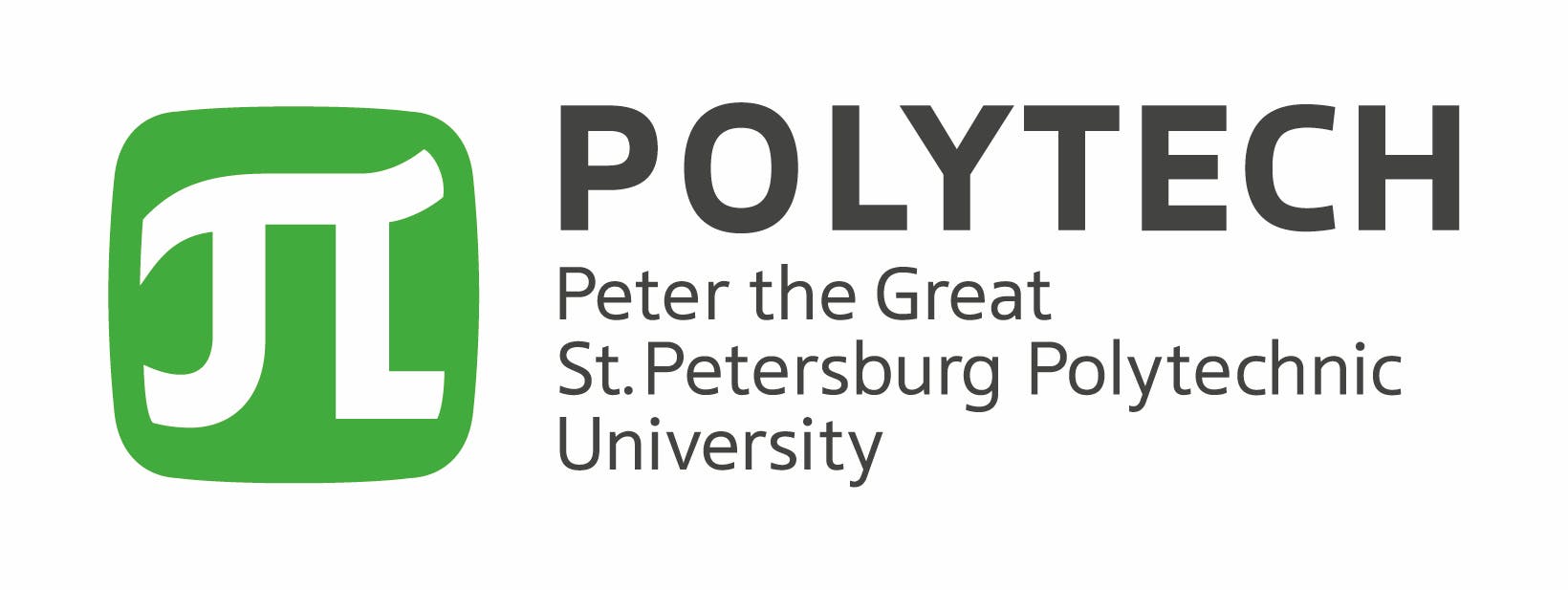SPbPU: Participants of the International Polytechnic Accelerator are getting ready to enter the Chinese market
The fall session of the International Polytechnic Accelerator started at Polytechnic University. The program is a continuation of the spring session and is dedicated to the development of innovative projects of the university researchers in order to enter the Chinese market. The accelerator was initiated by the SPbPU’s international Office and is held as part of the Priority 2030 project for commercialization of scientific developments in foreign markets.
Teams that have successfully completed the spring part of the program continue in the fall session. New projects have also joined the event. Their representatives develop ideas in the spheres of medicine and biotechnology, digitalization and automation, electric power, environment, unmanned transport, etc. With the support of the accelerator experts, they have already performed an initial assessment of the international market potential of their projects and analyzed the level of patent protection of their developments. The tasks of the fall track include working out a project strategy for entering the Chinese market, searching for relevant business models, and preparing investment proposals for Chinese investors and partners.
The International Polytechnic Accelerator is a big long-term project that is aimed at launching a whole set of measures to accelerate the development and introduction of our researchers’ projects to the markets of Asia, Latin America, CIS and BRICS+ countries, commented the event organizer, head of the Department of International Scientific and External Economic Relations Sergei Antonov. This fall session is one of the elements of the accelerator, which is focused on the development of practical skills of teams in packaging projects, taking into account the specifics of the huge and promising market of China.
The main partner of the Accelerator fall session is Innovation Alliance of Russia, China and CIS countries, an international company that specializes in commercialization and technology transfer and provides consulting services to projects in market research, intellectual property protection, technology assessment, product validation, business strategy, attracting public and private funding. The company’s office is located in the largest innovation province of China — Jiangsu (Nanjing City), which allowed its team to establish strong partnerships with leading development institutions, government agencies, businesses and investors in the province. Thanks to cooperation within the accelerator, these opportunities become available to the Polytechnic. Company experts will hold a series of master classes and individual consultations for participants of the fall session, teach the peculiarities of project presentation to Chinese audience, and based on the results of the current stage, the University teams will be able to present their projects to specific investors and business partners from Jiangsu.
The work of the teams will take place in the form of lectures and practical sessions. The cycle of lectures was opened by Igor Rozhdestvensky, Director-General of OOO Martal SPb, member of the International Technology Transfer Network (China), lecturer at SPbPU and other major universities. He introduced the peculiarities of technology commercialization, gave practical examples of how to bridge the gap between science and industry, and emphasized the tools needed to disseminate and promote innovative products and technologies in the market. Afterwards, the general director of PuE (Shanghai) Innovation Incubator Management Co. Su Jing gave a lecture «No Fear in China,» where she spoke in detail about the peculiarities of entering the Chinese market and highlighted the advantages of cooperation with partners in China. She also spoke about a number of support programs open in China for foreign researchers, scientists and technological entrepreneurs.
Given the specifics of modern international relations, we try to respond quickly and flexibly to external changes and challenges, said Vice-Rector for International Affairs Dmitry Arseniev. We have been successfully developing cooperation with partners from Asia, the BRICS+ countries, and the CIS for a long time, and today this partnership is becoming an even higher priority. I am sure that the format of joint acceleration programs will give an additional impetus to technological collaborations with the regions mentioned. This year, we are focusing our efforts on China, since we have a serious head start in this region, thanks to the work of our representative office. We will be doing joint accelerators with other countries, such as Iran, India, and Brazil, for example.
The fall session will last until December 2022. In the final session, the accelerator teams will present to the expert committee presentations of projects that are ready for implementation in specific foreign markets.

